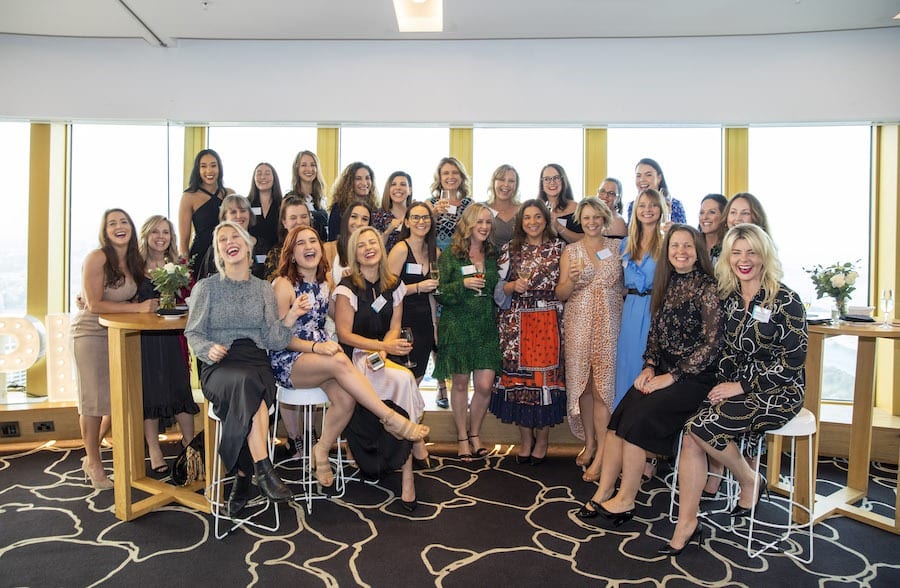Recruiter Beaumont People will allow staff the option to work four days a week and still retain their full time salary during the trial period, running from the 1st February to the 30th April 2020.
There will be no salary drops and no push to work longer days. Instead the company has confirmed it will be, “gifting their employees one-day off a week in exchange for current productivity levels to be maintained.”
It’s doing it based on research it cites sharing the benefits of a 4-day working week as including everything from leading to happier and healthier employees (reducing stress and absenteeism), to increasing productivity levels and employee engagement.
The move follows high profile similar trials by Perpetual Guardian in New Zealand, as well as Microsoft Japan. Australian companies Icelabs and Versa have also recently worked with the four day week model.
So what happens when the boss announces such a move to staff?
Founder and CEO of Beaumont People Nikki Beaumont told Women’s Agenda she initially received a mixed reaction when sharing the news. There was excitement, trepidation and curiosity, but she said all staff agreed that if they could make it work in such a customer-facing business, then it would be a game changer.
As such, the business also wants to communicate how the trial goes across social media, and hold an event for interested people to attend and learn more once the trial is completed.
“The team have been instrumental in identifying challenges and solutions to get this off the ground. It hasn’t been easy, and we don’t have all the answers, hence the trial approach. But we have to start somewhere,” Beaumont said.
“Our purpose is to connect people to organisations that empower them to do meaningful work and create more opportunities for meaningful work in Australia. To do so, we must look at our own policies and employee benefits first, so that our own learnings can inspire, educate and help others provide better opportunities for employees while positively impacting overall business performance and the future of work as a whole.”
Recently, Beaumont told Women’s Agenda how the growing business defied critics (some of whom said she’d go broke) to offer a generous paid parental leave package to her employee base of around 35, most of whom are female.
Their new parental leave policy means staff are now entitled to between 12 and 16 weeks of paid leave at the minimum wage depending on their tenure, and it can be taken in whatever fashion suits the employee. There is also a bonus regime whereby employees can ‘bank’ their bonus and have it paid out while they’re on parental leave.

